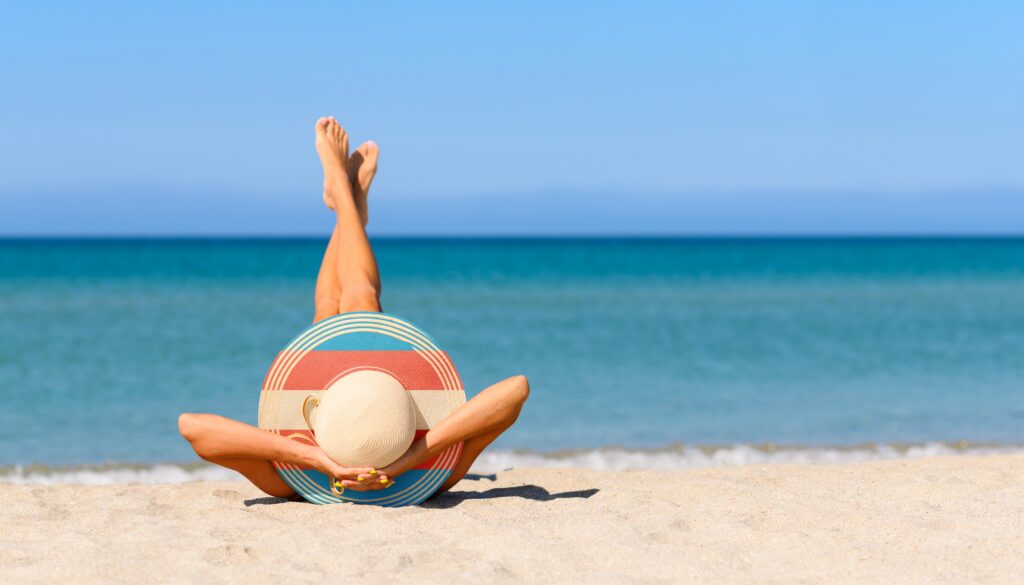9 Tips for Trans and Nonbinary Travelers
While taking a trip to a new destination is a fun, exciting, and liberating experience for anyone, it can sometimes be very frightening and unsafe for Trans and Nonbinary people. While many people across the LGBTQ spectrum have to deal with the threat of various levels of discrimination and harm while traveling, Trans and nonbinary people have the added pressures of harassment from airport security and even more threats of discrimination and violence.
For that reason, we have researched and come up with these 9 tips for flying while Trans or Nonbinary.
Research your destination before planning a trip

As disappointing as it is, laws, procedures, and social ideas around Trans and Nonbinary people are not the same in every place around the world. Some places are very accepting and liberal when it comes to things like gender and sexual identity, while others are not.
Giovanni Santiago, a Black Transgender man told Skyscanner, “I try to do a deep dive into the destination I’m visiting and who I’m traveling with because I could be perceived differently if I’m traveling with a lot of female-identified folks. Usually, I’m not most worried about me being Trans, sometimes it’s about me being Black, but either way, I try to understand where I’m going, who I’m traveling with, and how I can be prepared.”
Online tools such as IGLTA can help provide some insight into the experiences of Trans and Nonbinary people in many different places around the world. See some of their travel tips here. Also, speaking to LGBTQ-owned and affirming travel agencies and even local embassies can help you get a better idea of what the experiences of other Trans and Nonbinary people are in a particular area or country.
Travel to one of the world’s top LGBTQ travel destinations
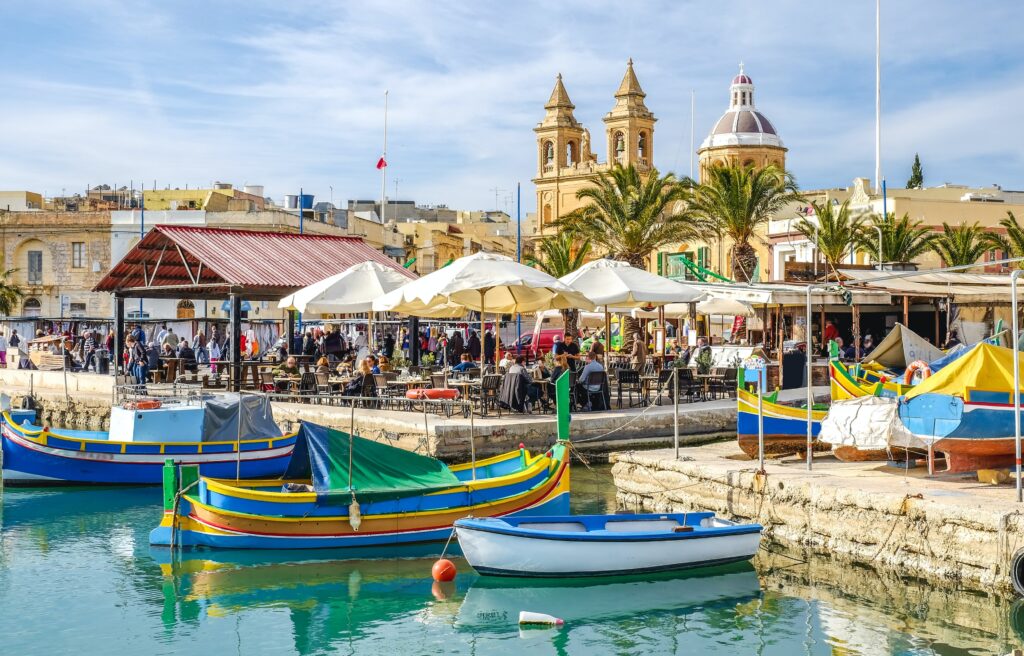
What better way to make Trans and Nonbinary people feel safe than by traveling to places that are already well-known for being welcoming, affirming, and LGBTQ-friendly? This is especially valid if you haven’t already traveled to most of these places!
According to the 2023 SPARTACUS Gay Travel Index, the top 10 LGBTQ-friendly travel destinations in the world are:
- Malta
- Canada
- Switzerland
- Australia
- Denmark
- New Zealand
- Portugal
- Uruguay
- Germany
- Iceland (with Spain and the United Kingdom following close behind)
It has also been announced that 2023’s EuroPride celebration will take place in Valletta, Malta from September 7-17. EuroPride is a 10-day non-stop party with Pride Marches in Valletta and Gozo, concerts, and theme parties. Well, there’s one definite travel option!
Start small before going big
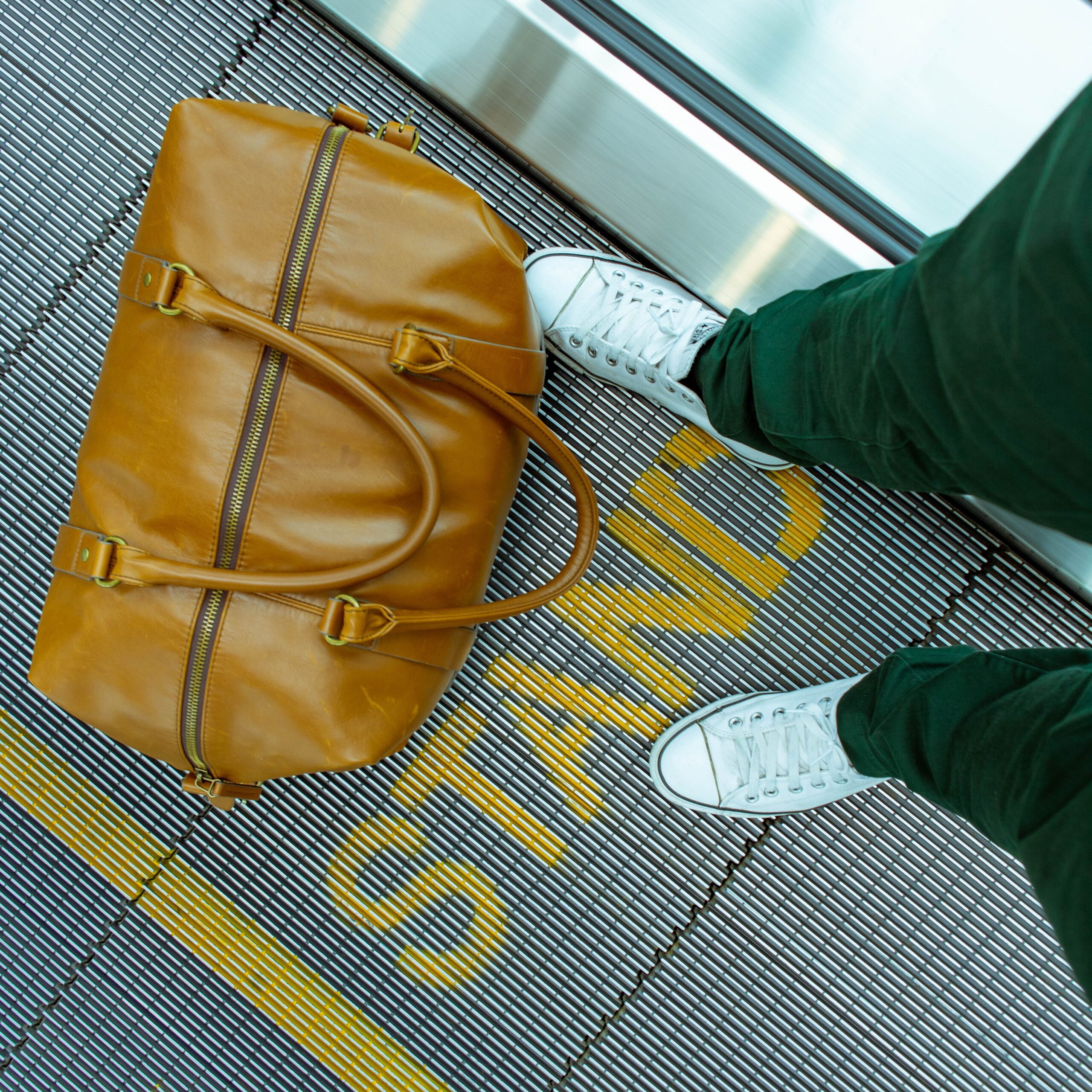
Who says that you have to fly to another country right after you transition or come into your gender identity in order to have fun? Remember, this is your trip and you make the rules!
Skyscanner reminds Trans and Non-binary people that, while they have a right to explore and enjoy the world like everyone else, you don’t have to book a domestic flight right away if you’re not ready to – Domestic travel can be just as fun and exciting! “Book a short flight to a nearby city, or take a road trip – somewhere within a few hours drive from where you live – to test what it would be like to experience travel in a way that’s slightly more familiar before branching out to other cultures and places.”
Make sure your airline reservation matches your government-issued ID
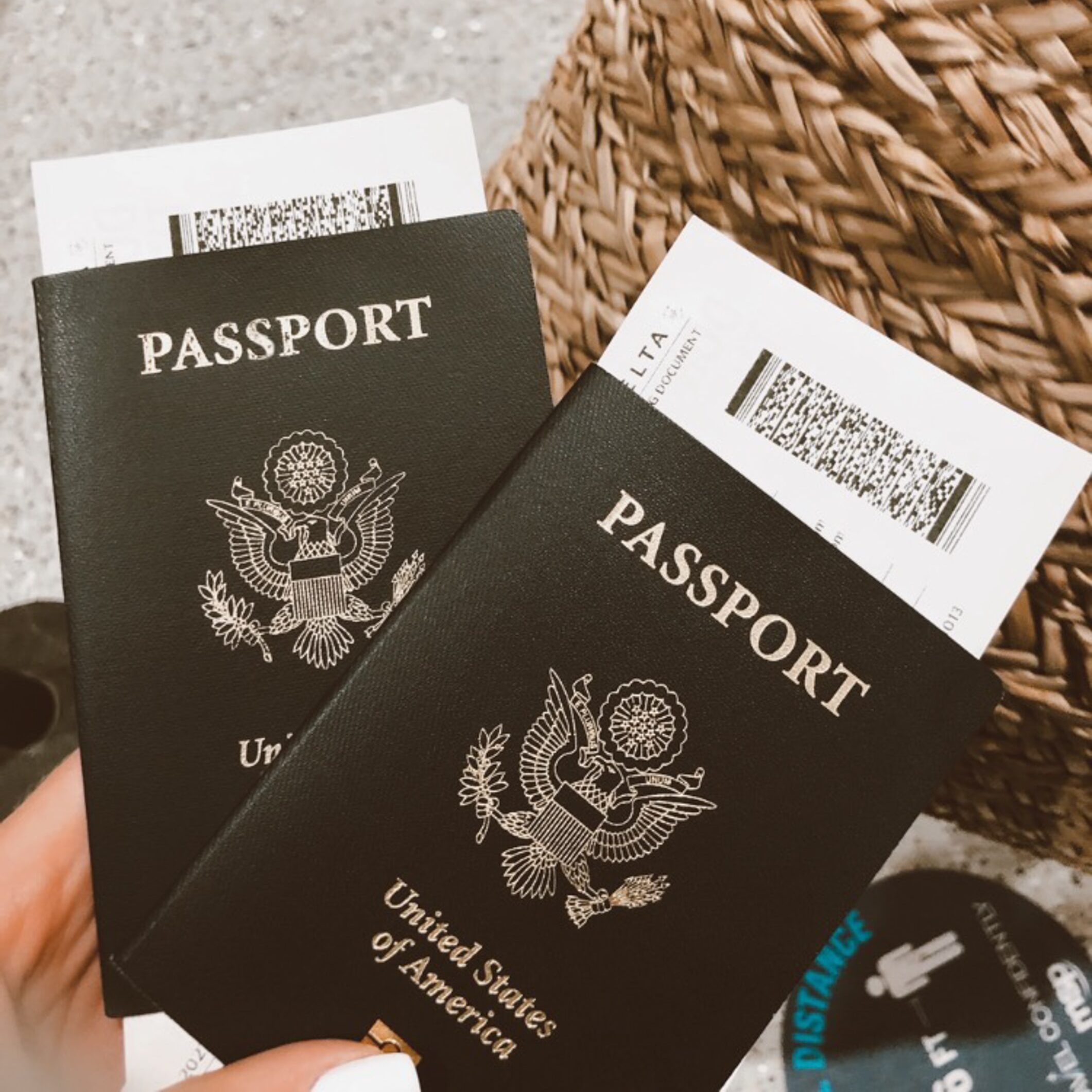
When it comes to making reservations, be sure to book your flight with the same name, gender, and birthdate as the ID you plan to travel with. Under government law and TSA rules, any travel documentation like airline tickets, reservations, and visas have to be in your legal name as it appears on your identification. If you must travel without an ID that aligns, you can carry a note from your doctor explaining your transgender identity.
Unfortunately, this means that if your legal ID has a “dead name” or just a name that you’re no longer using on it, it’s still the name you have to use when booking your reservations. The good news about this is that It doesn’t matter if your current gender presentation matches your gender marker from your ID, or the presentation in your photo, and TSA officers are not allowed to comment on this. Signing up for TSA PreCheck and filling out a Discreet Notification Card (which can be downloaded and filled out HERE) can even further help you to remain safe, maintain your discretion in these situations, and avoid confrontations in these situations.
Sign up for TSA PreCheck or a similar program
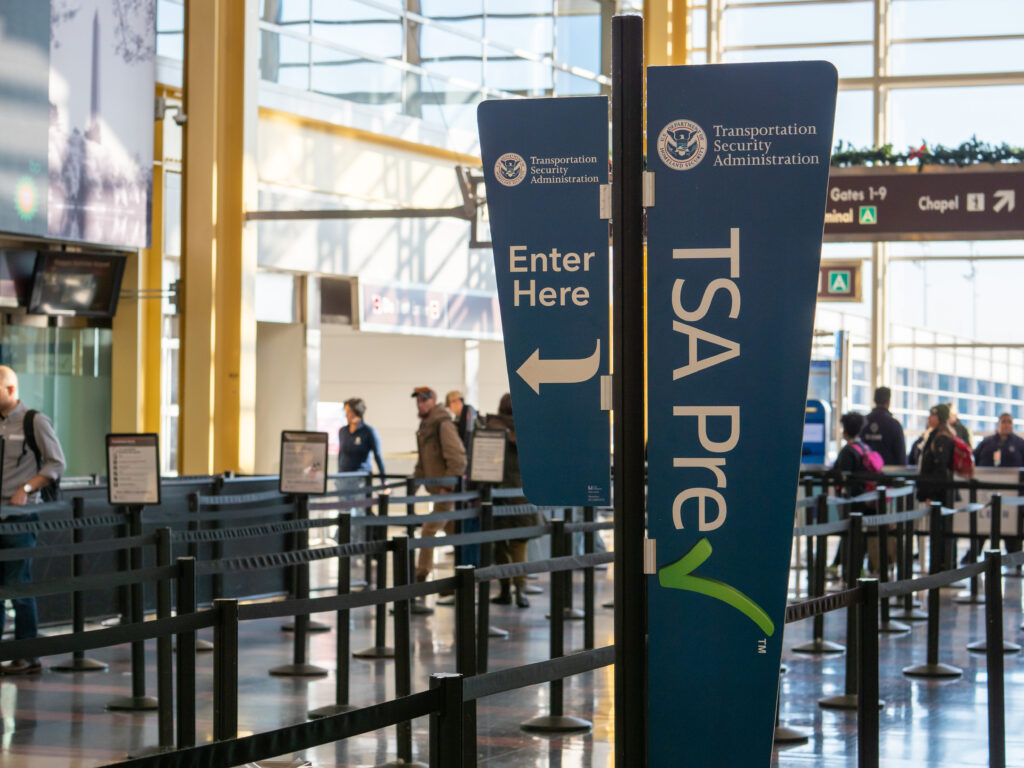
If you are an American citizen, signing up for TSA PreCheck can be a way to avoid troubling and problematic searches that have been recently highlighted at TSA security check-ins. The TSA PreCheck program application has been updated to include an additional gender marker option to better serve Nonbinary and Gender Non-conforming passengers, ensuring that the TSA PreCheck system accurately reflects the traveler’s gender. This is done by allowing TSA PreCheck applicants to select their gender based on self-attestation, regardless of the sex assigned at birth.
Overall, the biggest advantage of the TSA PreCheck program is that it offers what’s known as “expedited screening.” This program gets registered travelers through security quicker, and with less hassle. Although the program can’t guarantee to every single passenger that body scans or pat-downs can always be avoided, most TSA PreCheck passengers usually walk through a metal sensor instead of a body scanner and experience pat-downs less often.
Travel in a group and/or connect with local Trans and Nonbinary people
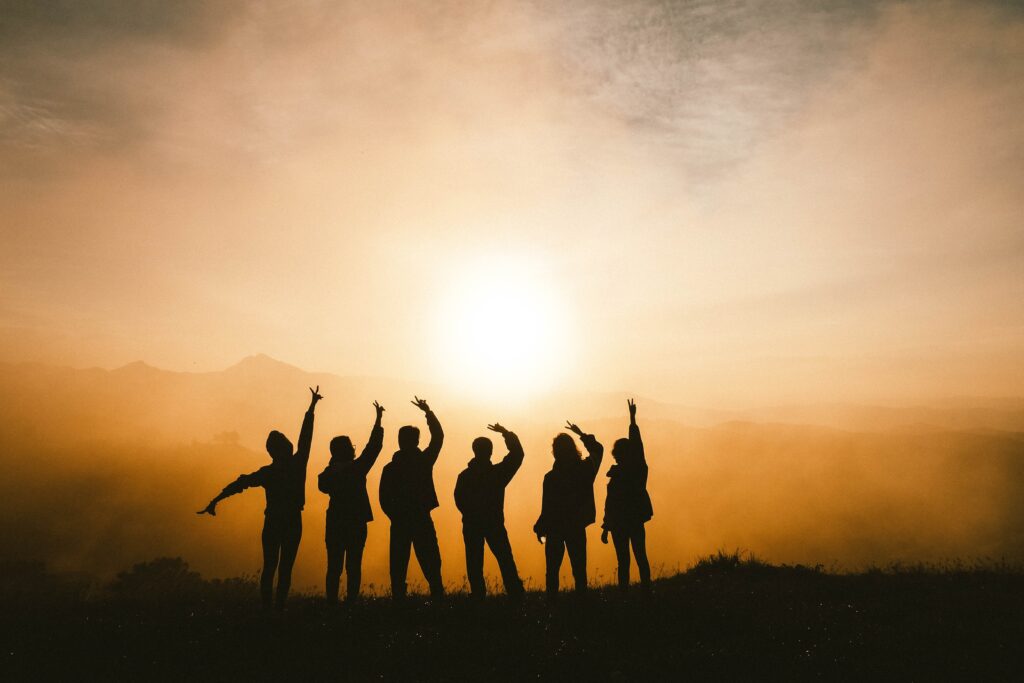
According to Skyscanner, several of the Transgender people they interviewed recommended traveling with a group. Staying with a group helps provide support, comfort, and safety in unfamiliar places. If you’re traveling with a group of people you know well and trust, this will definitely help you in difficult, uncomfortable, or scary situations.
Alternatively, if you are unable to travel with a group, then reach out to other Trans people online who can give you advice and tips before you travel, or maybe even meet up with you once you’re there (only if comfortable, and while still taking the regular online meeting precautions, of course) may be another way of making you feel safe before traveling, or creating a comfortable environment while in an unfamiliar place.
Jamie Anne Harrell, a transgender woman from Atlanta, talked to Skyscanner about her experience traveling to Cape Town, South Africa while working on her MBA. “I googled ‘are LGBTQ+ rights accepted in South Africa?’ But the rights on paper are very different from what life is like on the ground in Cape Town,” said Jamie. “I was able to get in touch with a local person who was transgender. They felt relatively safe, they were able to get medical procedures they needed, they attended local trans support groups, and had a small social circle of trans people in their lives. It was good to actually meet someone virtually and be able to have that peace of mind prior to traveling.”
Chosen travel providers that are specifically Trans and Nonbinary-friendly
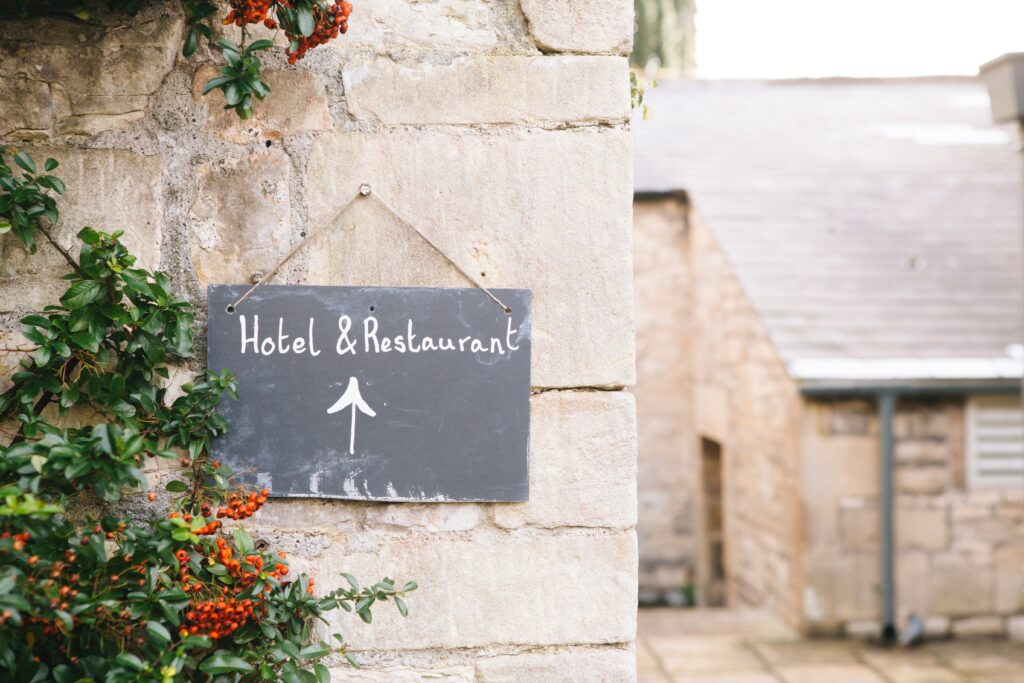
It’s good to make sure that places and providers are LGBTQ-friendly, but what about making sure they are specifically accommodating to Trans, Non-binary, and Gender Non-conforming people? Jamie Anne Harrell also told Skyscanner, “Just because a hotel or a destination is LGBTQ+ friendly, doesn’t mean it’s Trans or Non-binary friendly, and definitely doesn’t mean the individual employees are welcoming or affirming.”
For this reason, the owner of Transformation Journeys Worldwide, a transgender-focused inclusion training company, Gabrielle Claiborne, recommends exploring the booking process for your travel brands for clues about what and who they support. “While booking a reservation for hotels, airlines, or even rental cars, ask yourself, do I see myself reflected in this process?” Both she and Jamie recommend checking hints for hints such as pronoun and gender options, images of Trans and Non-binary people, and even whether or not they offer employees or guests Trans and Non-binary affirming diversity and inclusion training.
Learn foreign language basics

Sure, you won’t be able to completely learn a new language in a few months or weeks, but learning language basics can help you communicate effectively in unfamiliar places. This is especially helpful to LGBTQ people, and even more so to Trans and Non-binary people, who may be more susceptible to finding themselves in unsafe situations and may need to communicate to someone for help, or may even just want to truly understand what someone is communicating to them.
There are many apps that help with this, including Duolingo and Busuu. Teen Vogue also offers this thorough guide for women and/or LGBTQ solo travelers navigating language barriers, which tells you how to ask essential questions in multiple languages. Take a screenshot or make a bookmark list of keywords, sentences, and phrases to carry around with you!
Have safety backup plans
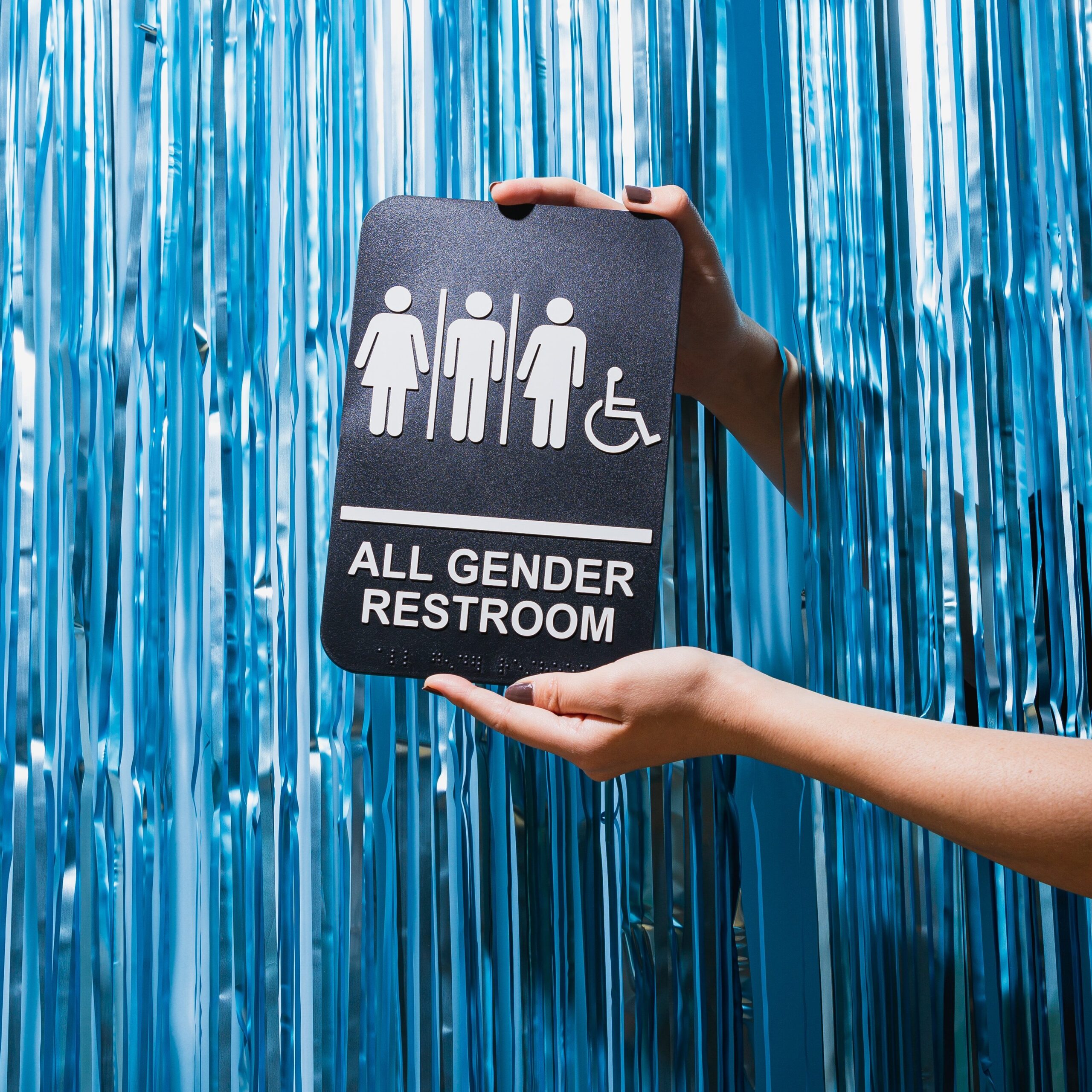
Things don’t always go as planned. And when they don’t go well, they can sometimes be downright dangerous and unsafe. Skyscanner reminds Trans and Non-binary people that having a backup plan is a good way to keep you safe.
Linds Cale, a gender nonconforming person says, “Sometimes just having a hat and throwing it on before walking into a gendered space can be the difference between a peaceful experience or dirty looks.” They add: “Knowing what is expected of me at the check-in counter and understanding alternative solutions like where gender neutral bathrooms are can make your travel plans so much easier.”
Jamie Harrell adds, “Prior to planning my trip I start thinking about the steps I need to take to be safe. What are some of the ways I can be outed and will that create an unsafe environment?” Planning for these types of situations in advance can help you think on your feet when you’re in an unfamiliar place or new destination.

